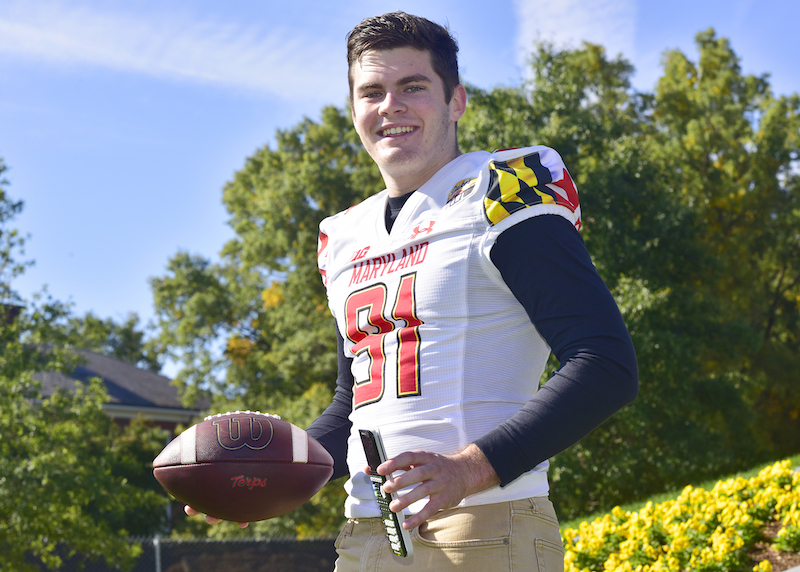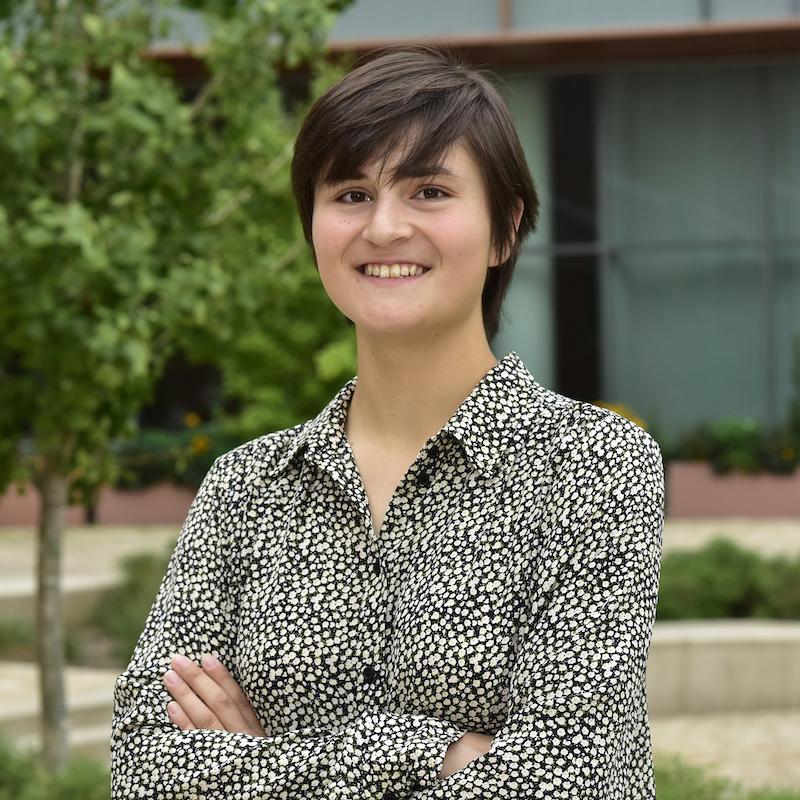Civil & Environmental Engineers design, build, maintain, and operate the basic framework of society. Our work protects people and communities from hazards and protects the environment from harmful effects of human activities.
Prospective Students
The systems developed and discoveries made by civil and environmental engineers affect the lives of people globally. Being a CEE alumni can open the doors to success in a wide range of industries, including construction, transportation, and water resources.
First Year ApplicantsTransfer ApplicantsApply now!





